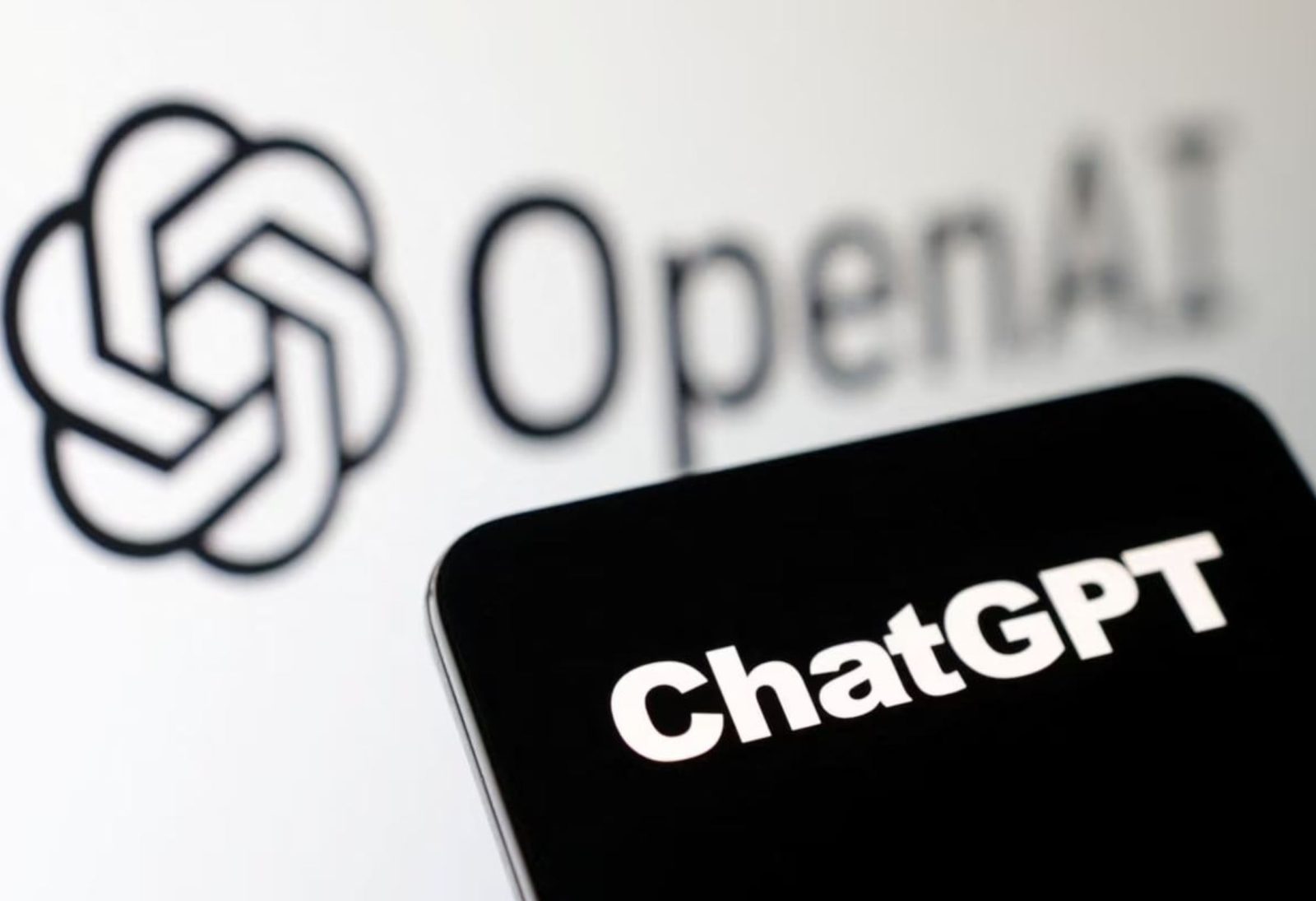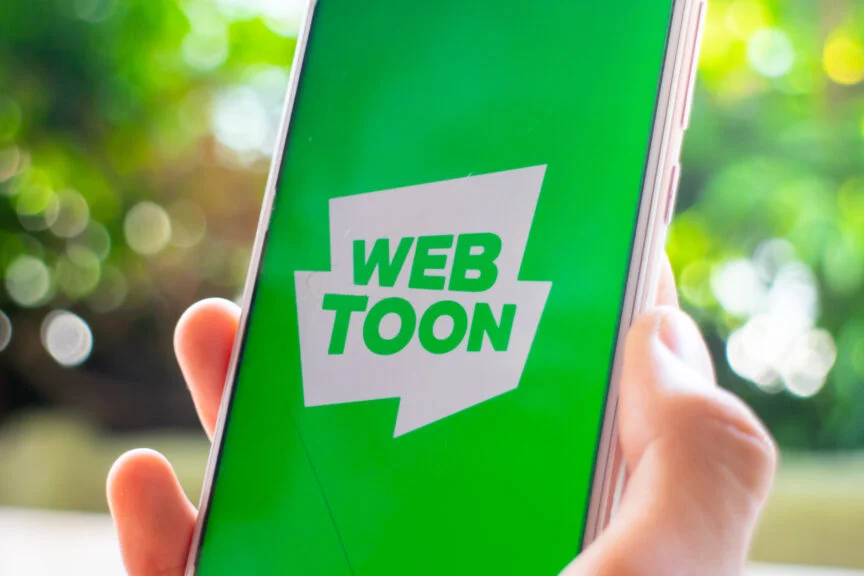OpenAI Spills The Beans On ChatGPT: How People Worldwide Are Using The Tool For Writing, Learning, And Daily Life

When OpenAI first introduced ChatGPT, the AI chatbot, many were uncertain about its practical use and questioned whether it had any real purpose and value. Despite the initial wondering, the platform gained momentum quickly, and fast forward to today, it has expanded extensively, and users are relying on the platform for more than just simple questions and answers. A recent OpenAI study sheds some light on the diverse ways the tool is being used and how accessible it has become when it comes to learning, creativity, and problem-solving tasks.
Beyond the hype: the real ways people around the world are using ChatGPT every day
Despite the initial skepticism around ChatGPT and questions regarding any practical use the AI tool would have, it has now been so widely adopted that many people are relying on it for their daily tasks, and even going deeper than that. OpenAI has now released its first large-scale study, which has data collected over an entire year, and it covers more than a million messages to answer that question. The findings highlight how people around the world have blended the chatbot into their routines and have it serve as more of a practical companion.
One of the study’s major findings is that writing and editing remain the fundamental tasks users seek ChatGPT for. The tool is not used to create content from scratch, but rather to help refine drafts and make the needed edits. This is vital because apprehensions regarding the tool replacing human creativity have been there for quite some time, and this adds clarity to the air of confusion by highlighting how the tool is relied on more for adjusting tone, structural improvements, and making the user feel more confident about their final work.
ChatGPT has stepped beyond writing and is also actively used when it comes to problem-solving tasks or brainstorming activities. It is especially popular among educators and professionals who use the platform to assist in preparing lessons and developing marketing campaigns. This helps users explore creative directions that they might not have explored otherwise. Programmers are also increasingly using ChatGPT for coding assistance, learning new programming languages, and even for debugging. These tasks would often require hours of searching and looking into forums to find answers, but with the help of ChatGPT, it has become an accessible study and work aid.
The findings are interesting because they also reveal how the tool is put to use for personal task management or boosting productivity. Many use the chatbot to help plan a trip, summarize complex articles, or even for entertainment or creative purposes. Others ask ChatGPT to write poetry, create stories, or even engage in casual conversation with them. Another fascinating detail from the study was that users sought emotional support from the AI chatbot as well. People often use the tool to vent, reflect, and talk through their personal challenges despite OpenAI leaving a warning against relying on the tool for therapy.
Perhaps the most revealing aspect of OpenAI’s study is how ChatGPT has proven how adaptable and versatile it is in its ability to adjust according to specific needs. It feels like it has gone beyond what the tech giant envisioned it to be. ChatGPT’s true value is enabling people to work smart, learn better, and explore creativity in new ways.



